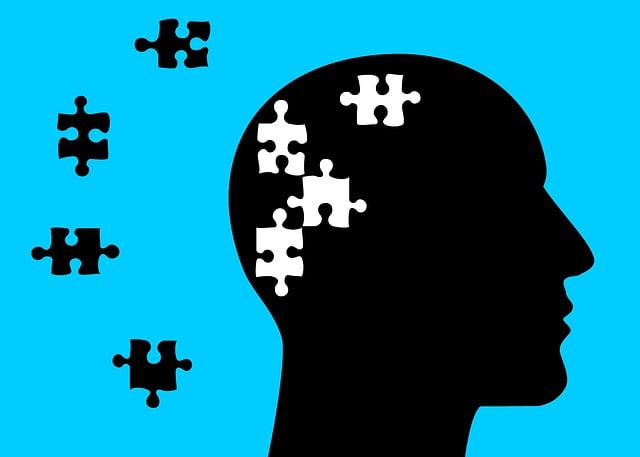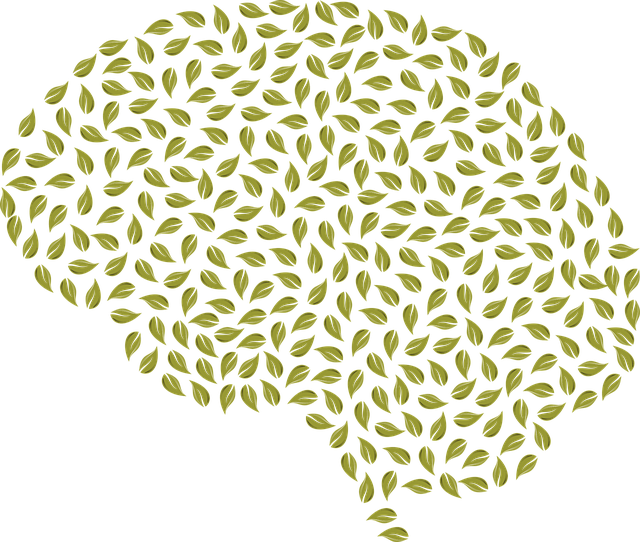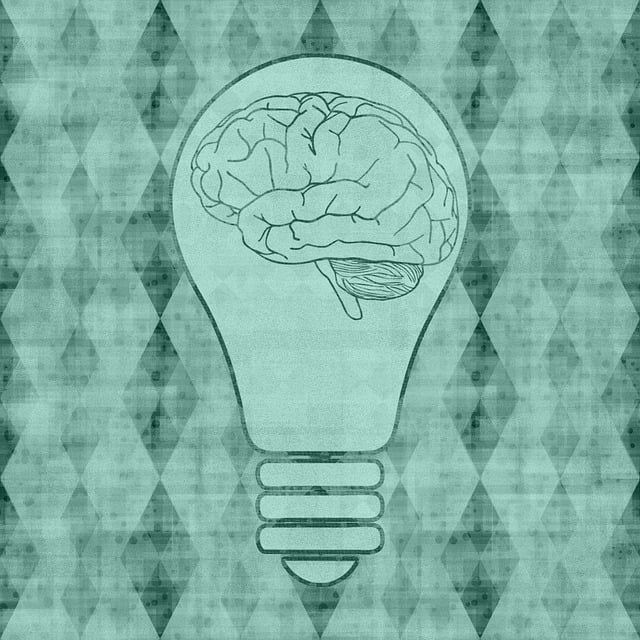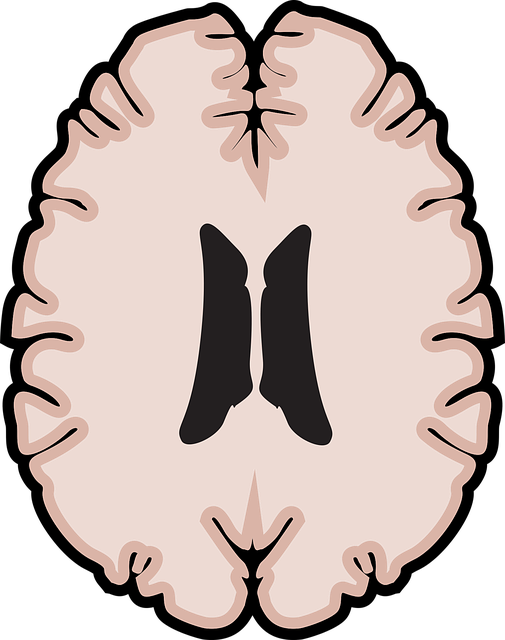Longmont Terminal Illness Therapy (LTIT) offers holistic mental wellness programs integrating individual therapy, group support, online resources, community interventions, and self-care practices. These initiatives, enhanced by engaging podcast production elements, empower individuals to manage stress, build resilience, and prevent depression. Evaluation methods combining qualitative and quantitative data provide insights into program effectiveness, allowing for tailored community awareness campaigns. LTIT's distinctive approach focuses on community engagement, family involvement, burnout prevention, and Mental Health Education Programs, fostering resilience, belonging, and empowerment while challenging mental health stigma through interactive workshops and peer support groups. Continuous improvement through patient feedback ensures the refinement of therapy methods to meet evolving needs, benefiting both service providers and clients.
Mental wellness programs are transforming lives, yet evaluating their effectiveness remains a complex task. This article explores comprehensive evaluation methods for mental health initiatives, highlighting innovative approaches like those seen in Longmont Terminal Illness Therapy. We delve into key metrics, assessment tools, and continuous improvement strategies essential for optimizing program success. By understanding the impact of these interventions, we can enhance mental wellness outcomes and foster healthier communities.
- Understanding Mental Wellness Programs and Their Impact
- Evaluation Methods: A Comprehensive Overview
- Longmont Terminal Illness Therapy: Unique Approaches
- Assessing Program Effectiveness: Metrics and Tools
- Continuous Improvement: Feedback Loops in Mental Health Care
Understanding Mental Wellness Programs and Their Impact

Mental wellness programs are designed to support individuals in managing and improving their mental health. These initiatives can range from individual therapy sessions, such as those offered by Longmont Terminal Illness Therapy, to group support meetings, online resources, and community-based interventions. The impact of these programs is profound, addressing various aspects of mental well-being including stress management, resilience building, and depression prevention. By integrating practices like self-care routine development for better mental health, these initiatives empower individuals to take control of their psychological wellbeing.
The effectiveness of mental wellness programs often hinges on tailored strategies that address unique needs. A successful program not only provides coping mechanisms but also fosters a sense of belonging and community. Incorporating elements from the Mental Wellness Podcast Series Production can enhance engagement, making complex topics more accessible and relatable. Ultimately, these approaches contribute to a holistic understanding of mental wellness, aiming to prevent and manage conditions like depression while promoting overall emotional resilience.
Evaluation Methods: A Comprehensive Overview

Evaluation methods play a pivotal role in understanding the effectiveness and impact of mental wellness programs, such as those offered by Longmont Terminal Illness Therapy. These strategies are essential tools to measure progress, identify areas for improvement, and ensure that interventions are achieving their intended outcomes. A comprehensive evaluation involves various techniques, from qualitative assessments like interviews and focus groups to quantitative methods including surveys and statistical analyses.
Qualitative approaches delve into individuals’ experiences, providing insights into the subjective aspects of mental wellness. This can include exploring personal stories, perceptions of therapy, and the overall impact on daily life. On the other hand, quantitative methods quantify data through structured measurements, such as anxiety relief scales or emotional regulation assessments. Public awareness campaigns development benefits from these evaluations, as they help tailor messages to address specific needs and challenges within the community, fostering a more inclusive and effective support system.
Longmont Terminal Illness Therapy: Unique Approaches

Longmont Terminal Illness Therapy (LTIT) stands out for its unique and holistic approach to addressing mental wellness, particularly in the context of terminal illness. Unlike traditional therapy models that often focus on individual treatment, LTIT prioritizes community engagement and family involvement. This collaborative framework ensures that patients receive comprehensive support tailored to their specific needs and cultural contexts. By integrating burnout prevention strategies within the program’s design, LTIT aims to strengthen resilience among both patients and their caregivers, fostering a sense of belonging and empowerment.
The program incorporates Mental Health Education Programs as a core component, empowering individuals with knowledge about managing stress, anxiety, and depression related to terminal illness. Through interactive workshops and peer support groups, LTIT facilitates open discussions that challenge stigma associated with mental health. This approach not only enhances mental wellness but also encourages adaptive coping mechanisms, enabling participants to navigate their journeys with dignity and hope.
Assessing Program Effectiveness: Metrics and Tools

Evaluating the effectiveness of a mental wellness program is a crucial step in understanding its impact and making informed improvements. When assessing the success of initiatives like Longmont Terminal Illness Therapy, various metrics and tools can be employed to gauge progress. These include quantitative methods such as surveys, where participants’ self-reported changes in symptoms and overall well-being are measured before and after the program.
Additionally, qualitative approaches, such as interviews or focus groups, offer insights into individuals’ experiences, providing a deeper understanding of emotional well-being promotion techniques employed. Self-awareness exercises and mental wellness coaching programs development can be assessed through these methods, allowing for a comprehensive evaluation that considers both the tangible outcomes and the subjective, transformative experiences within the therapeutic setting.
Continuous Improvement: Feedback Loops in Mental Health Care

In the realm of mental wellness programs, continuous improvement is paramount to ensuring effective care and support for individuals seeking therapy, such as those availing of Longmont Terminal Illness Therapy services. Feedback loops play a pivotal role in this process, allowing for ongoing refinement and adaptation of treatment approaches. By collecting and analyzing patient feedback, healthcare providers can gain valuable insights into the effectiveness of their programs. This iterative process facilitates adjustments to therapy methods, ensuring they align with the evolving needs and experiences of clients.
Embracing feedback loops enables mental health care professionals to implement burnout prevention strategies for themselves as well. As they gather input from patients, they can identify areas where support systems, resources, or program structures might require enhancement. Such proactive measures not only contribute to emotional healing processes but also foster a more sustainable and resilient healthcare workforce. This continuous improvement approach ultimately enhances the overall quality of mental wellness services, benefiting both service providers and those seeking assistance in navigating challenging emotional landscapes.
Evaluating mental wellness programs, such as Longmont Terminal Illness Therapy, is crucial for understanding their impact and ensuring continuous improvement. By employing comprehensive evaluation methods that include diverse metrics and tools, we can assess program effectiveness, identify areas for enhancement, and ultimately foster better outcomes for individuals seeking support. This data-driven approach not only benefits the clients but also allows mental health care providers to revolutionize their practices, ensuring a more tailored and effective healing process.














